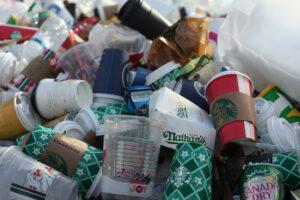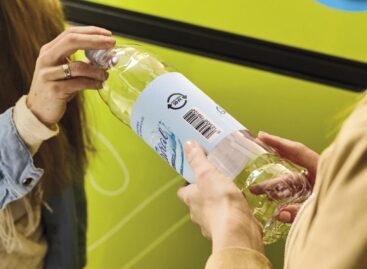The Hungarian recovery of bales contaminated with plant protection agents was successful
In 2023, the MOHU Mol Waste Management Co. achieved a record-high 77% collection rate for pesticide-contaminated packaging in Hungary, surpassing international benchmarks. This success is attributed to the company’s concession activities initiated on July 1, 2023, and their collaboration with Cseber Nonprofit Ltd., which has been handling the collection since 2003.

The concession also includes the collection of old tractor tires and batteries, supporting sustainability goals such as maintaining and improving water and air quality. While the Cseber Nonprofit Ltd. continues to organize the collection, MOHU is responsible for transporting and treating the waste.
Globally, similar systems achieved an average collection rate of 62% in 2022, with Europe averaging 71%. Hungary’s 77% rate exceeds the 2025 European target of 75%, set by CropLife Europe, which aims for widespread, dedicated collection systems across the EU.
MOHU’s operational director, Runtág Tivadar, highlighted their commitment to maintaining and enhancing this achievement, emphasizing continuous improvement and long-term sustainability.
Related news
MOHU: people in Hungary returned more than 3 billion beverage packaging in 2025
🎧 Hallgasd a cikket: Lejátszás Szünet Folytatás Leállítás Nyelv: Auto…
Read more >MOHU Raises Donations for Three New Organisations
🎧 Hallgasd a cikket: Lejátszás Szünet Folytatás Leállítás Nyelv: Auto…
Read more >Related news
Nestlé to sell remaining ice-cream assets but commits to Froneri venture
🎧 Hallgasd a cikket: Lejátszás Szünet Folytatás Leállítás Nyelv: Auto…
Read more >Lidl guarantees fairer prices for cocoa farmers
🎧 Hallgasd a cikket: Lejátszás Szünet Folytatás Leállítás Nyelv: Auto…
Read more >40 secure jobs, sustainable solutions – new BURGER KING® in Csepel
🎧 Hallgasd a cikket: Lejátszás Szünet Folytatás Leállítás Nyelv: Auto…
Read more >







